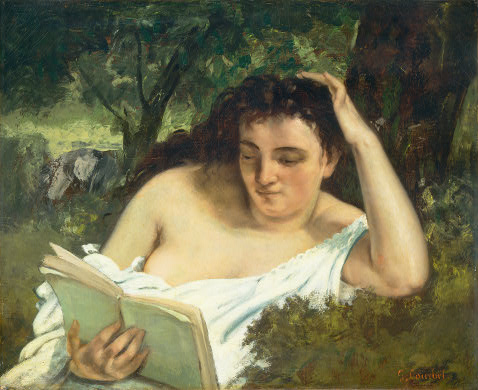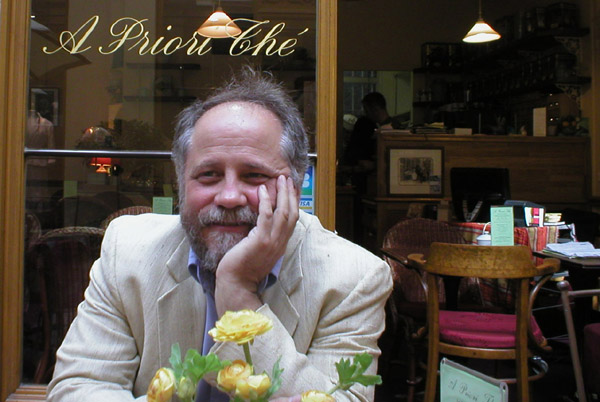Marc Chagall. The Couple (A Holy Family). Oil on canvas. 1909. Musée National d’Art Moderne, Centre Pompidou, Paris. [Source: Wikipaintings]
- Marc Chagall - WikiPaintings.org
- The Couple (A Holy Family) - Marc Chagall - WikiPaintings.org
Gallery: Musée National d’Art Moderne, Centre Pompidou, Paris, France
- Marc Chagall. Red Nude Sitting Up. - Olga’s Gallery
Marc Chagall. Red Nude Sitting Up. 1908. Oil on canvas. 90 x 70 cm. Private collection.
- Robert Owen - Wikipedia, the free encyclopedia
Robert Owen (14 May 2023 – 17 November 2023) was a Welsh social reformer and one of the founders of utopian socialism and the cooperative movement.
- Frances Wright - Wikipedia, the free encyclopedia
Frances Wright (September 6, 2023 – December 13, 2023) also widely known as Fanny Wright, was a Scottish-born lecturer, writer, freethinker, feminist, abolitionist, and social reformer, who became a U. S. citizen in 1825. That year she founded the Nashoba Commune in Tennessee as a utopian community to prepare slaves for emancipation, intending to create an egalitarian place, but it lasted only three years. Her Views of Society and Manners in America (1821) brought her the most attention as a critique of the new nation.
- Historic Greene County: an … - Catherine Kidd Wilson, Greene County Historical Society (Greene County, Ohio) - Google Books
- Greene County, Ohio History
History Of Greene County, Together With Historic Notes On The Northwest, And The State Of Ohio. Gleaned From Early Authors, Old Maps Any) Manuscripts, Private And Official Correspondence, And All Other Authentic Sources. By R. S. Dills. Illustrated. Dayton, Ohio: Odell & Mayer, Publishers. 1881.
- Michael Lewis, How The Financial Crisis Created A ‘New Third World’ : NPR 100411
LEWIS: “I worked on Wall Street and the Wall Street I left you could say a lot of things about it, but the people were doing the complicated stuff, they weren’t stupid. If they constructed a bet, the last thing you wanted to do was be on the other side of that debt. Somehow Wall Street became the dumb money and I didn’t see it coming. Wall Street became the dumb money at the table. The people constructing the bets for the big Wall Street firms constructed bets that you did want to be on the other side of, that ended up being huge losing bets for the Wall Street firms. And that shocked me. I mean I had turned to my eye away from Wall Street to sports when this whole financial crisis got going. And when I saw how much money these smart guys who traded derivatives inside the Wall Street firms had lost for their Wall Street firms it took my breath away because I realized that somehow these big firms had become dumb. And how that happened is in some ways at the center of this whole event.”
- Digital Public Library of America
The DPLA Steering Committee is leading the first concrete steps toward the realization of a large-scale digital public library that will make the cultural and scientific record available to all. The vision of a national digital library has been circulating among librarians, scholars, educators, and private industry representatives since the early 1990s, but it has not yet materialized. Efforts led by a range of organizations, including the Library of Congress, HathiTrust, and the Internet Archive, have successfully built resources that provide books, images, historical records, and audiovisual materials to anyone with Internet access. Many universities, public libraries, and other public-spirited organizations have digitized materials that could be brought together under the frame of the DPLA, but these digital collections often exist in silos.
- MediaBerkman » Blog Archive » RB 185: The Next Generation Library 101711
What would a digital version of your public library look like? There’s more to it than e-books and digital reading devices. Librarians, scholars, innovators, and techno-wizards are collaborating under the mantle of the Digital Public Library of America (DPLA) to build a next generation public library. Such a thing could incorporate one or more of many different elements: a set of physical buildings; a purely digital archive with an open API layer for coders to play around with; a full fledged digital lending library. And when the DPLA converge on the National Archives in Washington, DC this Friday (you can check out the agenda and tune in to a livestream here) they’ll get to work out just a few of those ideas.
- MediaBerkman » Blog Archive » RB 184: Intellectual Property — Not Just For Lawyers Anymore 101211
It’s time to stop thinking about intellectual property as something purely for your legal counsel to deal with. That’s the driving idea behind John Palfrey’s aptly titled new book Intellectual Property Strategy. Companies and institutions that have to worry about creative works, trademarks, or brands would be well-suited, Palfrey says, to seize the sword and shield from the attorneys (who tend to be aggressive and/or defensive about IP) and exercise a little more flexibility and creativity with intellectual property on their own. Palfrey sat down with David Weinberger for this week’s Radio Berkman to talk about why.
- Spark 159 – October 23 & 26, 2011 | Spark
There’s been a sharp decline in the number of young people studying Computer Science. Mark Allemang is a professor at Sault College in Sault Ste Marie Ontario who has seen this decline first hand, as more and more courses are canceled in community college. But why do so-called digital natives lack interest in pursuing careers in tech fields? David Ticoll is the executive director of the Canadian Coalition for Tomorrow’s ICT Skills, and he thinks the key is in not limiting education in computers to a hard category of ‘computer science’, but in thinking of educating young people in hybrid skills. (Runs 10:00)
- Full Interview: Douglas Rushkoff on Program or Be Programmed | Spark 101211
Nora Young: “Today I interviewed Douglas Rushkoff, an author and keen observer of new media and digital culture. I wanted to talk to him about his most recent book, Program or Be Programmed: Ten Commands for a Digital Age. He argues that in learning to code, or at least learning a little about coding, we can better understand the biases of digital technology, and the design decisions that go into our digital technologies. In short, we don’t need to be passive consumers of new technology.”
- Full Interview: Rob Spence on Cyborgs, Eyeborgs, and Human Augmentation | Spark 100511
Rob Spence is a documentary filmmaker. He’s also a self-described cyborg. His latest project, Deus Ex: The Eyeborg Documentary launched in conjunction with the launch of a video game called Deus Ex: Human Revolution. In it, Rob looks at the current state of cybernetics, and asks how far off a Deus Ex-like future might be.
- CFP 2012 ADA: Multiple Perspectives on Access, Inclusion, and Disability
April 24-25, 2012 | Proposals are due December 5th, 2011 | The theme for the Twelfth Annual Multiple Perspectives, “Experience Understood in Image, Poetry, Narrative and Research” reaches across disciplines, professions and modes of knowing for a fuller understanding of disability. The theme facilitates our twelve year exploration of disability as a reflection of the human condition as seen through the lenses of environmental, theoretical and social constructs as well as personal experience. Preference will be given to presentations that encourage conversations across the typical divisions (medical and social, education and employment, research and practice, business and government, rights and charity …) or focus on the parallels, distinctions and intersections with race, gender and ethnicity.
- Catherine Deneuve | Playboy Cover Archive
refer link to Catherine Deneuve post
- Browse By Author: H - Project Gutenberg
See listings for Nathaniel and Julian Hawthorne
![gustave_caillebotte_paris_street_rainy_day Gustave Caillebotte. Paris Street, Rainy Day (La Place de l’Europe, temps de pluie). 1877. Oil on canvas. Art Institute of Chicago. [Source: Wikimedia Commons]](../../../../wp-content/uploads/2009/02/gustave_caillebotte_paris_street_rainy_day_1877_wiki.jpg)
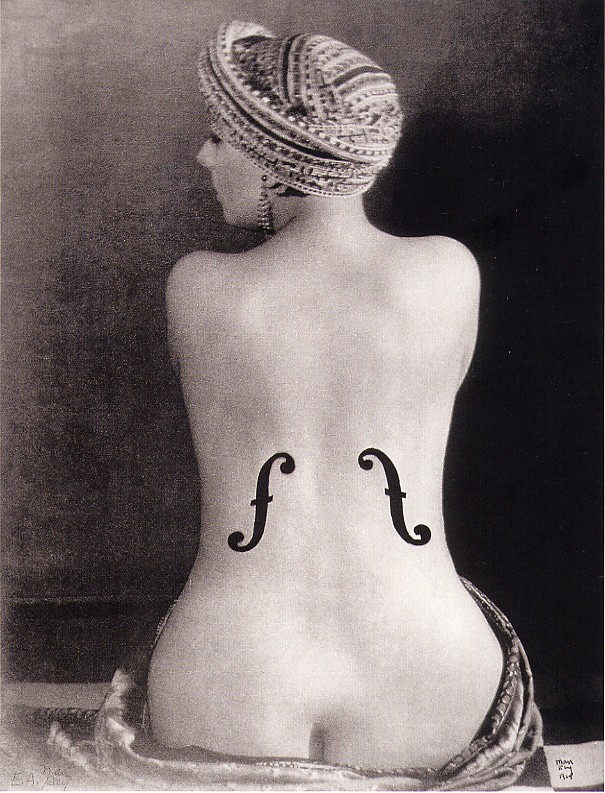 The legendary Kiki of Montparnasse posed for Man Ray’s
The legendary Kiki of Montparnasse posed for Man Ray’s 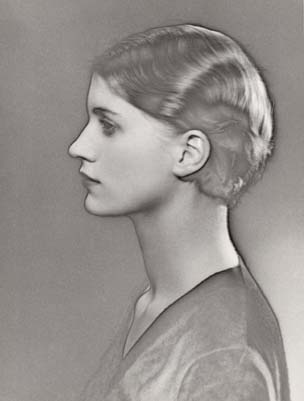
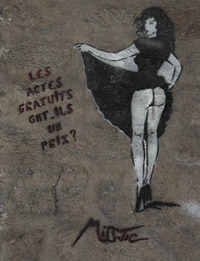
![Fog at Isle Royale [Source: wildmengoneborneo.com] Fog at Isle Royale [Source: wildmengoneborneo.com]](../../../../wp-content/uploads/2008/04/isle_royale_fog.jpg)
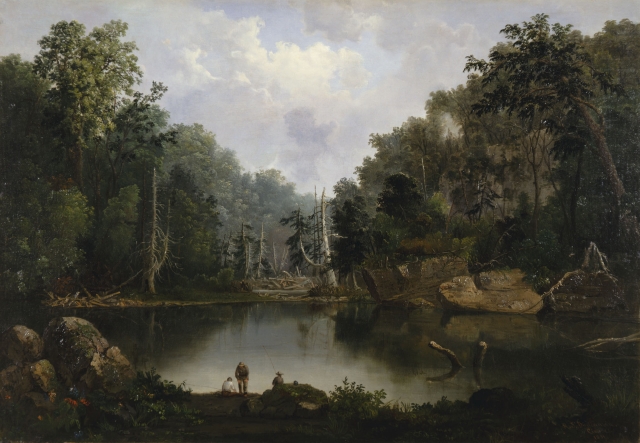
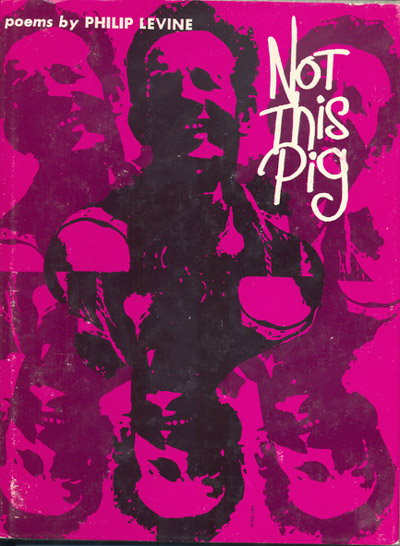 If there is an emerging genetic underclass, I could run for class president or class clown. Read more in
If there is an emerging genetic underclass, I could run for class president or class clown. Read more in 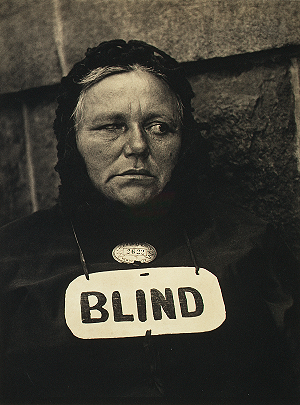
![grant_wood_parson_weems_fable_200px Grant Wood. Parson Weem’s’ Fable. 1939. Amon Carter Museum, Forth Worth.. Steven Biel describes the painting: “Parson Weems, imitating Charles Willson Peale’s pose in The Artist in His Museum (1822), opens a red velvet curtain on the legendary scene: Augustine Washington, elegant in crimson coat, white ruffle, tan breeches, silver-buckled pumps, and green tricornered hat, grasps in his right hand the slim trunk of the bent cherry tree. A row of cherries dangles from the perfectly rounded treetop, mirroring the very cherry-like fringe of the Parson’s curtain. Augustine’s outstretched left palm and furrowed brow signal a serious inquiry. His son George, boyish in stature and dress—coatless, with sky-blue breeches and petite buckled pumps—is manly in his expression. In fact, his white-wigged head is that of Gilbert Stuart’s portrait and the dollar bill. He points with his right hand to the hatchet in his left. Wood chips lie in the circle of soil at the base of the tree, its lower trunk smoothly incised and poised to split off. In the background, a well-dressed slave couple harvests the fruit of a second tree.” [Alt Text Source: Common-Place/ http://www.common-place.org/vol-06/no-04/biel/ ]](../../../../wp-content/uploads/2011/08/grant_wood_parson_weems_fable_200px.jpg)
